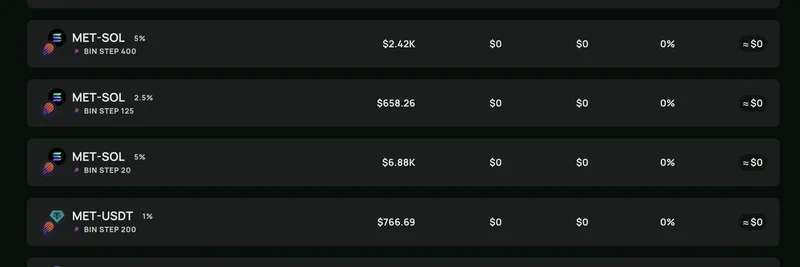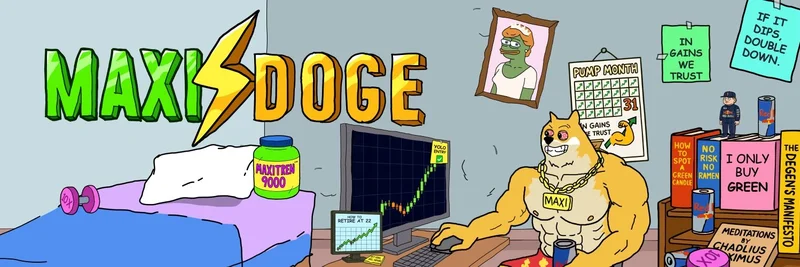Hey there, crypto enthusiasts! If you're always on the hunt for hidden gems in the blockchain space, you might want to pay attention to a recent tweet from BSCNews that's stirring up some conversation. They posted about a full analysis of Telcoin, posing the question: Is @telcoin the most underrated crypto project heading into 2025? The tweet links to a comprehensive guide on BSC News, and after digging in, I have to say—there's a lot to unpack here. Let's break it down in simple terms, especially if you're new to some of these concepts.
Telcoin isn't your typical meme token flashing across social media with viral hype. Instead, it's a serious player aiming to revolutionize how we think about money transfers and financial access, especially for folks who don't have traditional bank accounts. Founded back in 2017 in Singapore, Telcoin started as an ERC-20 token on Ethereum (that's the blockchain behind ETH, for the uninitiated). Their big idea? Partner with telecom giants—think mobile network operators like your phone carrier—to build a "internet of money" that's fast, cheap, and accessible via your phone number. No need for complicated wallet addresses; just send cash like you'd text a friend.
Why does this matter? Well, the global remittances market—money sent home by workers abroad—is worth a whopping $700 billion. But it's riddled with high fees and slow processes. Telcoin wants to slash that by turning telecom networks into blockchain validators. Validators are like the guardians of a blockchain, confirming transactions and keeping things secure. By involving mobile operators who already reach over 5 billion people worldwide, Telcoin could bring crypto to the 1.4 billion unbanked adults out there. It's a smart pivot from just remittances to a full-blown decentralized finance (DeFi) ecosystem—DeFi being peer-to-peer financial services without banks in the middle.
Diving into the tech side, Telcoin operates on a dual setup right now. Their wallet app runs on Polygon, a speedy and low-cost layer on Ethereum, making transactions almost instant and super cheap (we're talking fractions of a cent). Looking ahead, they're building their own Layer 1 blockchain called the Telcoin Network. This will be EVM-compatible (meaning it works with Ethereum tools) and powered by those telecom operators as validators. The perks? Lightning-fast speeds (up to 1,000 transactions per second), rock-bottom fees, and built-in compliance since these operators are already regulated.
Security is a big deal too, especially after a hack in late 2023 where they lost some funds—but they recovered everything and beefed up defenses. Now, they've got SOC 2 certification (a fancy audit for trust and security), AI fraud detection, and regular checks from firms like Certik. That's reassuring in a space where scams are all too common.
On the product front, the Telcoin Wallet is the star. It lets you send money to over 40 e-wallets in 20+ countries, trade on DeFi protocols, and even earn yields through farming (lending your crypto to earn interest). They're also rolling out digital cash stablecoins like eUSD, eAUD, and eCAD—these are tokens pegged 1:1 to real fiat currencies, backed by bank reserves. Plans include more like eGBP and eJPY, aiming for a global on-chain payment system.
Tokenomics-wise (that's how the token economy works), TEL has a fixed supply of 100 billion coins, with about 91 billion in circulation as of mid-2025. You can use TEL for fees, staking (locking up tokens to earn rewards), and even a "Stake & Refer" program where you get a cut of trading fees from people you refer. It's got some controversy—critics call it pyramid-like—but fans say it drives real growth.
The roadmap is exciting for 2025 and beyond. They launched an alpha mainnet in May 2025, started pilot tests with validators in July, and plan a beta mainnet by year's end. Come 2026, everything migrates fully to their network. Plus, big wins like conditional approval for a digital asset bank in the US under Nebraska's laws, and federal stablecoin regulations passing in Congress. Partnerships are ramping up too, like with Powerhive for blockchain-financed mobility solutions.
So, is Telcoin underrated? Absolutely, if you ask the analysis. While meme coins grab headlines with pumps and dumps, Telcoin's quietly building real-world utility. It's not flashy, but with telecom backing and DeFi integrations, it could explode as adoption grows. If you're into long-term plays, keep an eye on this one—check out the full guide on BSC News for deeper stats.
What do you think? Drop your thoughts in the comments, and stay tuned to Meme Insider for more crypto insights, even if this one's more utility than meme. Who knows, maybe Telcoin spawns its own viral community soon!



